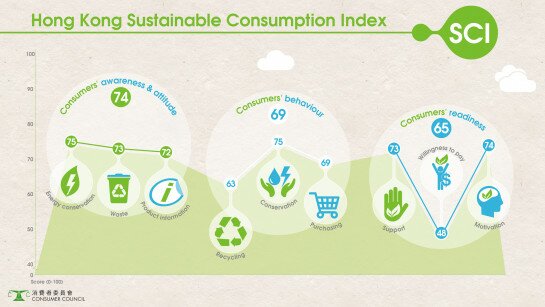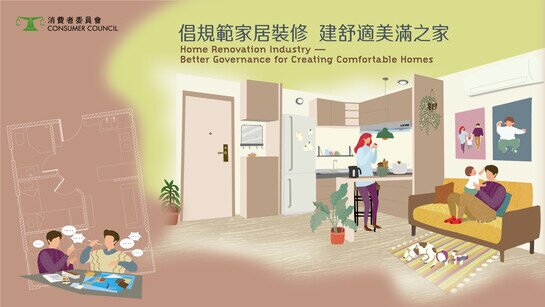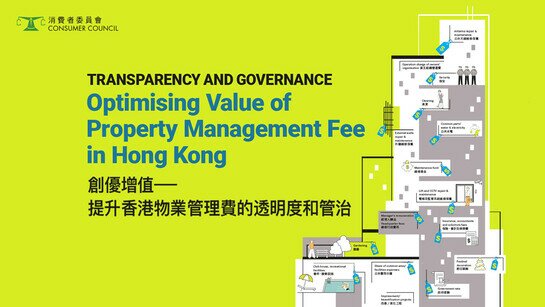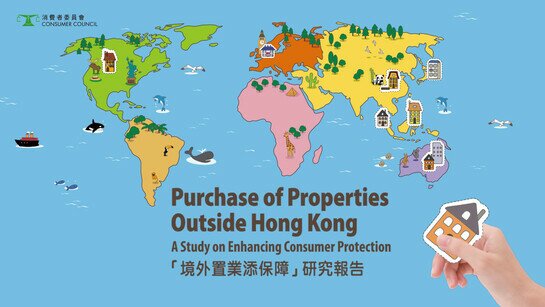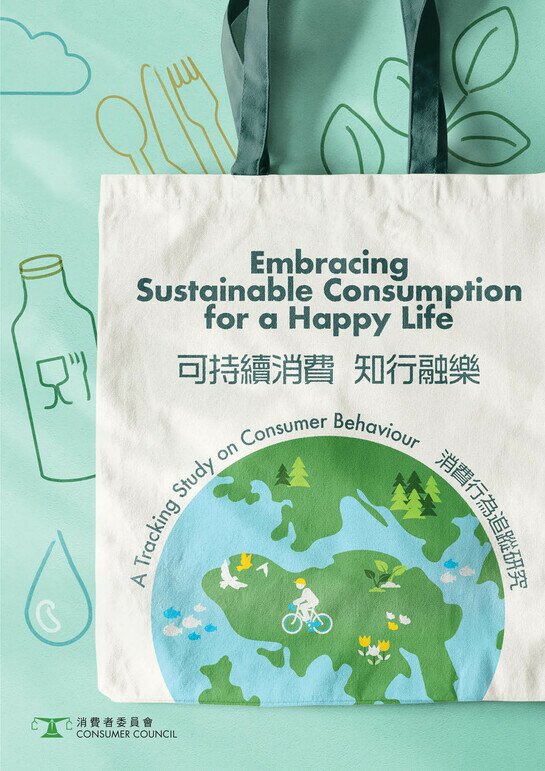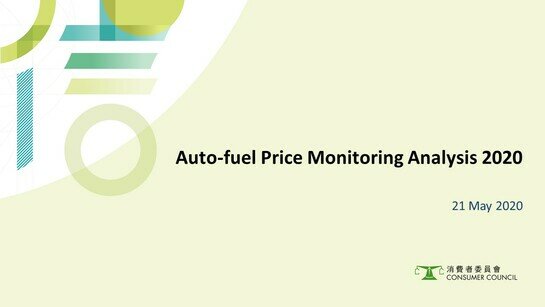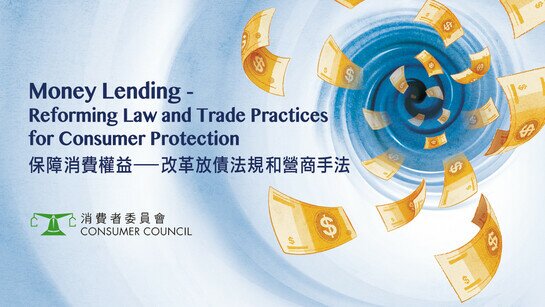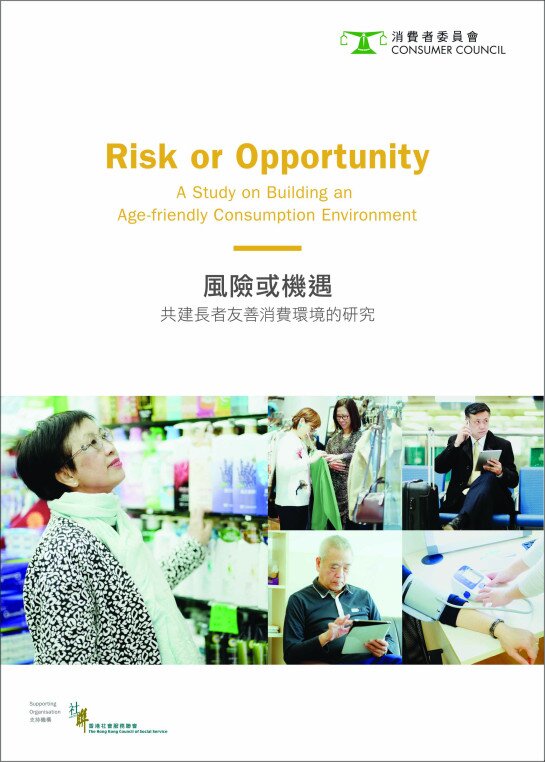EXECUTIVE SUMMARY
The Sustainability Challenge
The Vision of the Hong Kong Consumer Council (the “Council”) is: “To be the trusted voice in striving for consumer betterment towards safe and sustainable consumption in a fair and just market”. Sustainable Consumption (SC) is one of the Council’s priorities and in this report the Council publishes its introductory work on SC to provide the platform for future work and engagement with partner organisations.
Economic, population and consumption growth have caused immense and often negative impacts on the Earth’s natural environment and resource base. Excessive extraction of natural resources, loss of habitats and change in the atmosphere have become very profound. East Asia is increasing its contribution to this global sustainability risk as a result of its economic success in recent years.
Over the past few decades Hong Kong has developed itself from a fisherman’s port to become one of the ten wealthiest economies in the world, such rapid development also has transformed the lifestyles and consumption pattern of its people, giving rise to environmental impacts both at home and afar in the countries from which Hong Kong imports goods, foods and raw materials. For instance, on a per capita basis Hong Kong people are some of the world’s largest consumers of sea-caught fish and of the highly polluting fossil fuel coal. Hong Kong could play an important role in illustrating how sustainability can be consistent with economic development. Because of its role as an East Asian economy with an Organisation for Economic Co-operation and Development (OECD) level of economic development, and as one of the world’s premier international cities, Hong Kong provides inspiration and example for others.
Making the Hong Kong economy sustainable will require a partnership approach, with Government, business, consumers and other stakeholders all playing a part. The role played by Government includes providing infrastructure, such as public transport and recycling facilities, collecting and disclosing useful data, developing and enforcing effective regulations and fiscal regimes so that businesses are required or are incentivised to look after the environment. Businesses need to provide consumers with greener choices and also accurate and actionable information on products so that consumers can make well-informed decisions about what and how to consume. Consumer organisations and other non-government organisations (NGOs) can act as watchdogs, advocate consumers' concerns and provide public education to empower consumers towards the right behaviour.
Consumers have a major role to play in realising sustainability for the world. They need to recognise that they too have responsibilities and play an important role: the choices they make matter. Individual people decide what products to buy, whether to repair a good or dispose of it, to borrow a seldom used good from friends and neighbours, or whether to buy a new one hardly ever to be used. Consumers need to be open minded about learning the sustainability impacts of their choices and take responsibility for putting their beliefs into action by making purchasing decisions consistent with their concern for the environment.
The United Nations Environment Programme (UNEP) provides a definition of Sustainable Consumption and Production (SCP)1: "SCP is a holistic approach to minimizing the negative environmental impacts from consumption and production systems while promoting quality of life for all”. In 2015, the UN 2030 Agenda for Sustainable Development was released, with specific targets were set under the SCP Goal. Hong Kong as one of the global citizens, shall play its part to support this important global agenda.




